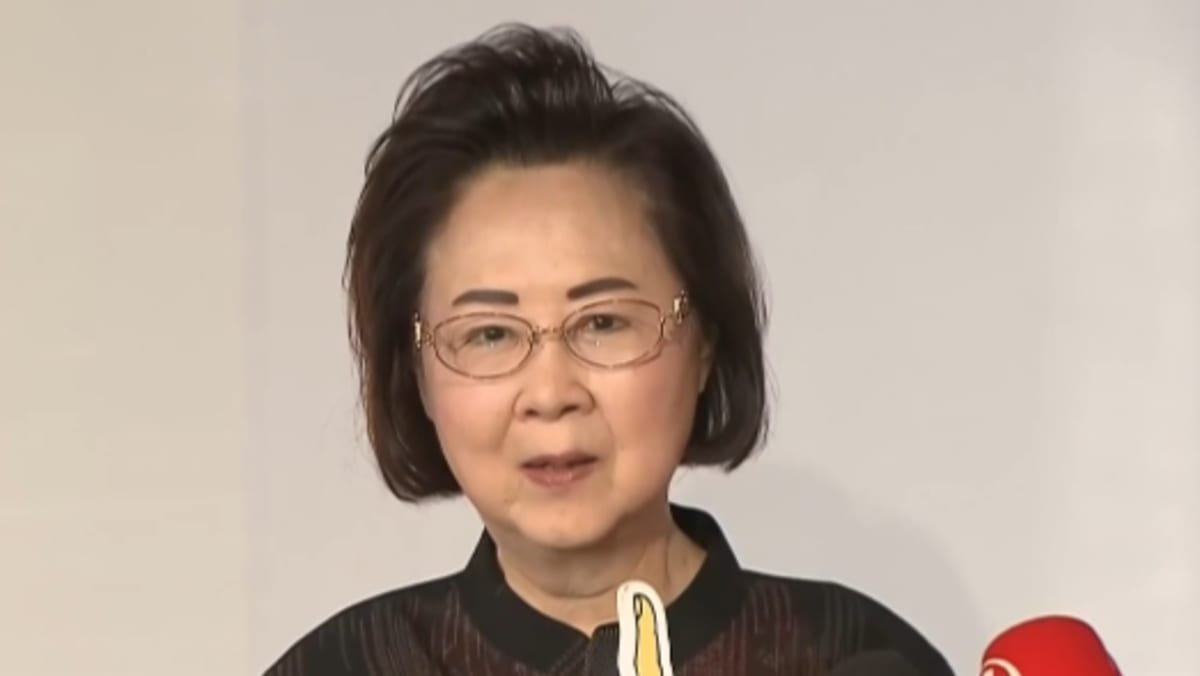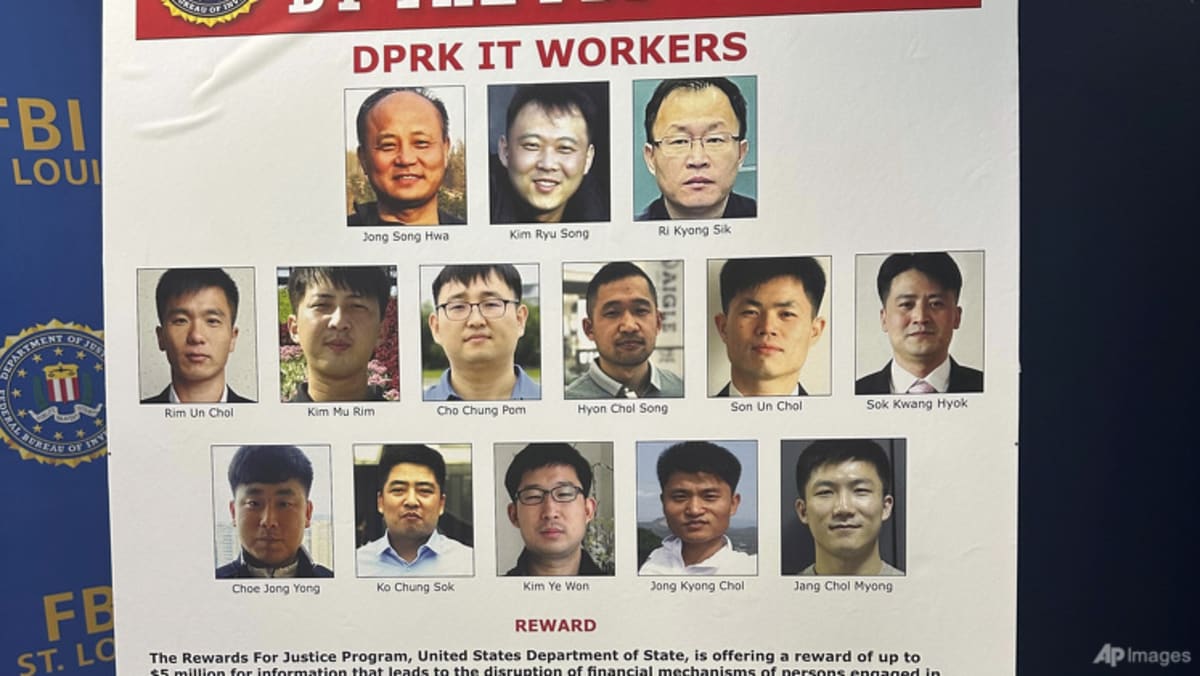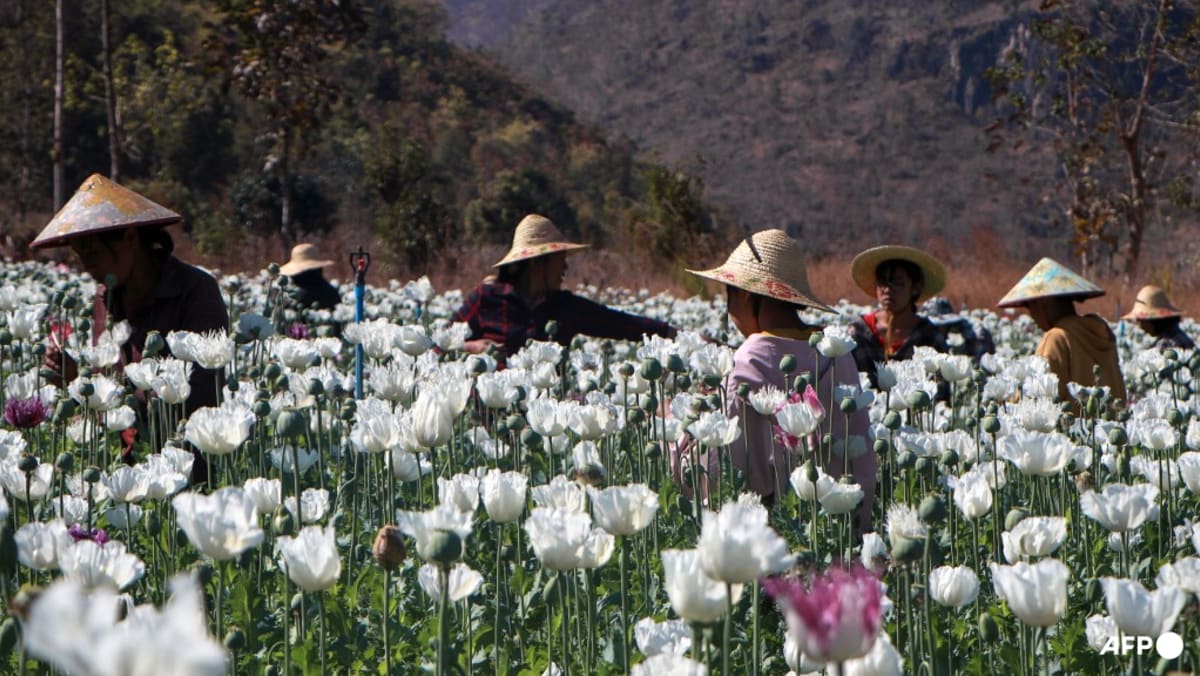EUTHANASIA DEBATE
Chiung Yao was reportedly in good health when she made the decision to take her own life.
On Nov 28, she dedicated a heartfelt Facebook post to her late husband, renowned publisher Ping Hsin-tao, who died in 2019. The pair shared a deep passion for literature and were married for four decades.
In Ping’s ailing final years, Chiung Yao had a dispute with her stepchildren over whether to continue his intubation.
Since then, she has publicly expressed her support for voluntary euthanasia.
In her parting note, Chiung Yao emphasised her decision came at an old age, after living a fulfilling life teeming with beautiful experiences.
She urged readers never to give up on life lightly, writing: “Momentary setbacks or negative events hone you for a beautiful life.
“I hope you can endure them, like me, and live until 86, 87 years old, until your physical strength fades, before deciding how to face death.
“By then, hopefully, humankind will have found more humane ways to help the elderly leave joyfully.”
Her message has renewed debate about euthanasia, which is illegal in Taiwan.
“Taiwan should have euthanasia because sometimes we just want to leave the world happily,” retiree Rebecca Chen, 70, who grew up reading Chiung Yao’s novels, told CNA.
Among the messages of sorrow and disbelief under Chiung Yao’s Facebook post were a handful who supported her decision and some who did not.
“Your life is your own decision. I highly support her choice!” said one commenter.
“I can understand (her) decision. Last year, I also almost made a trip to the other side. I know the feeling of being intubated and confined to the bed,” said another commenter.
“I’m in disbelief… There are so many people who love you. Can’t you see? You are not thinking straight,” a user commented.
“Why did you choose to leave this world? I feel disappointed. Are you not afraid of punishment in the afterlife?” said another commenter.
AGEING IN TAIWAN
Authorities said palliative care and societal support are important to ensure that the elderly are taken care of.
Official data shows those over the age of 65 have the highest suicide rate in Taiwan.
Liu Su Fang, chairwoman of the Taipei branch of the Teacher Chang Foundation, which offers counselling services, said deteriorating mental and physical health are contributing factors.
“The elderly could feel as if they are useless… that they have no value. Some also feel isolated because they live alone. Their children could be working in other cities,” she said.
Currently, more than 20 per cent of those over the age of 65 live alone, and the number is set to increase.
Taiwan has in recent years stepped up efforts in establishing agencies to help the elderly cope with their problems.
Authorities have set up more than 1,600 stations across Taiwan to provide physical and mental support to senior citizens.
The government has also encouraged the construction of more residential buildings and communities that are elderly-friendly, such as ramps and handrails, and activities to keep them occupied.
Initiatives like these are becoming all the more important, as Taiwan is expected to become a super-aged society next year with 20 per cent of its population over 65.
Advocates have urged those with elderly parents or grandparents to pay more attention to their behaviour and mood.
“If elderly people show signs of depression, we should try to let them interact with more people and let them take part in social activities,” said Liu.
“If the condition worsens, they should see a doctor. If people could show more concern by taking them out for meals or interacting more with them, they may feel supported.”













